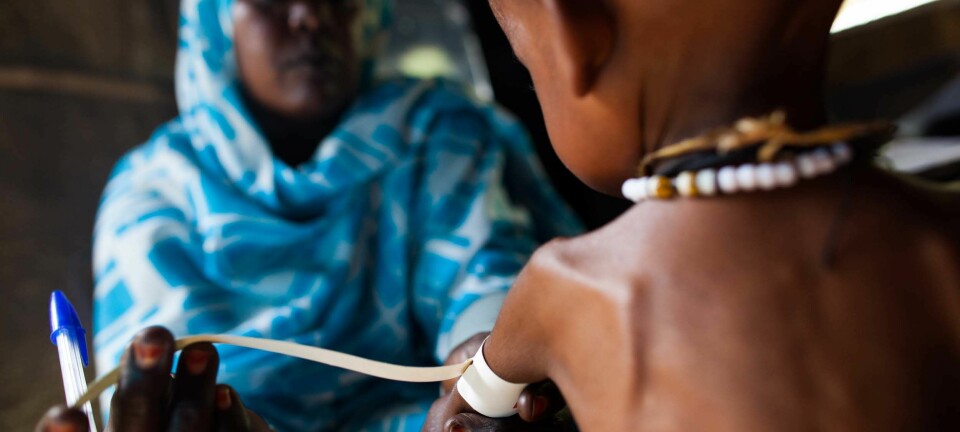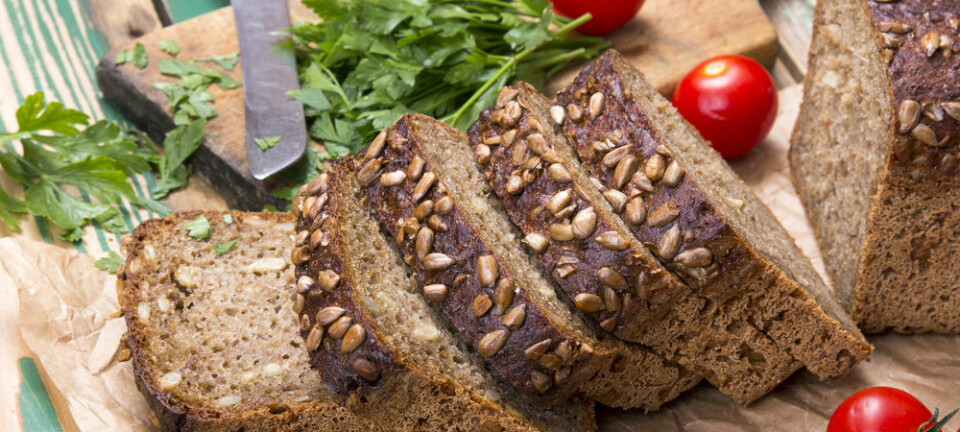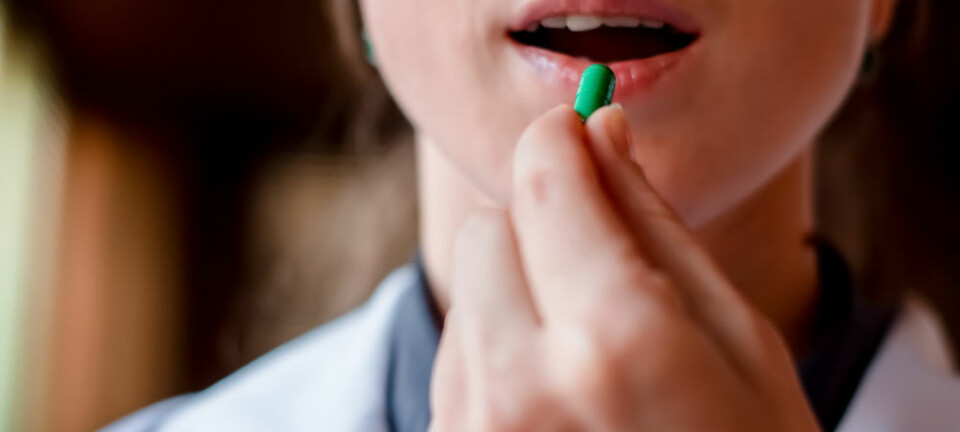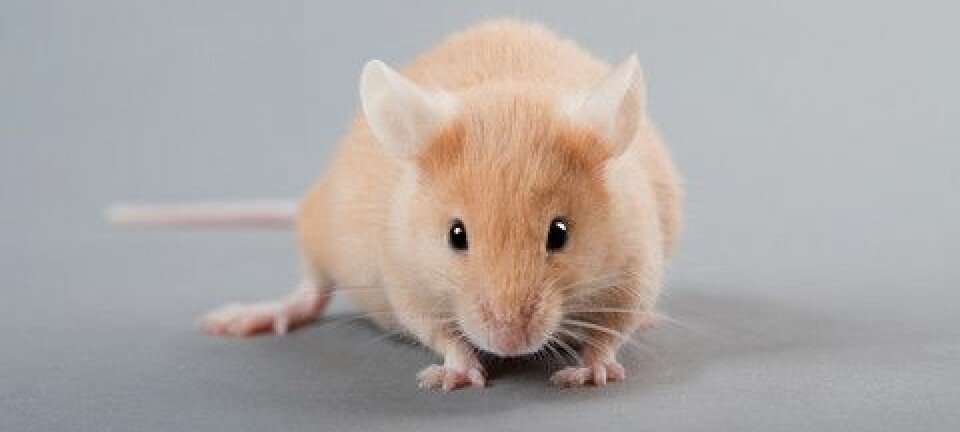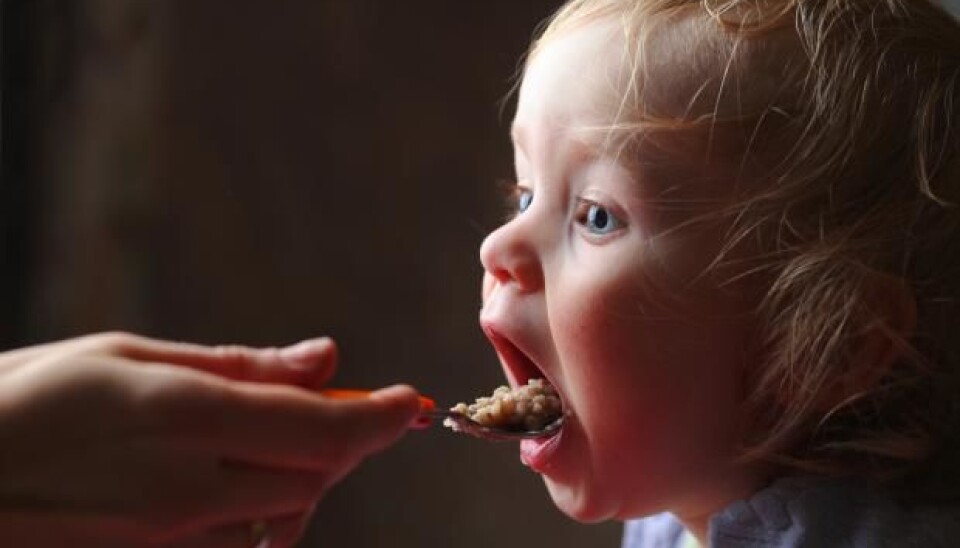
Fibre and protein enhance gut bacteria in children
Diet is crucial when a child transitions from breast-milk to solid food and helps ensure they develop a rich diversity of gut bacteria, shows new research.
A new study shows that the diet in the period when infants are transitioning from breast milk to soft foods has a huge impact on the type of gut bacteria that are established.
The study shows that fibre and protein help increase the diversity of gut bacteria--while fat does the complete opposite. Previous studies associated increased amounts of gut bacteria with a poor gut microbiome caused by disease.
"We conclude that childhood, and especially this period when you introduce complementary feeding, is a window where you have the opportunity to influence what kind of bacteria establish themselves in the [guts of the] children," says a co-author Professor Tine Rask Licht, from the Danish Technical University (DTU) Food Institute, Denmark.
"It can help us to understand how diet affects our gut bacteria and improve strategies for the dietary patterns that we need to be aware of in children," says Licht.
The results are published in the scientific journal mSphere.
Weaning is critical for intestinal flora
The researchers studied two cohorts of children. One group of 114 children were born to overweight mothers while the second group of 113 children were born to mothers of normal weight.
The scientists developed genetic profiles of the bacteria from stool samples to study the development of bacterial composition in the children’s stomach at 9 months and again after 18 months."All bacteria have a kind of signature sequence. There is a particular place on the bacterial chromosome where you know the different bacterial species have large variations. We’ve sequenced precisely this area, called bacterial ribosomal RNA, to identify the composition of bacterial species," says Licht.
From the bacterial composition, the scientists could see that children fed a fibre- or protein-rich diet had much more diverse bacterial composition by 9-months than the children fed a high fat diet.
Poor intestinal ecosystem associated with poor health
Fibre appears to increase the complexity of microbiota, many of which are not digested by the body's own digestive enzymes, so the body calls on intestinal bacteria to digest them instead. Some of the bacteria break down the indigestible fibres and leave a number of decomposed compounds behind, which then acts as 'food' for other groups of bacteria.
However, it is more difficult to explain why proteins make the ecosystem of the intestinal bacteria more diverse. One possible explanation is that eating regular food earlier could increase bacterial diversity.And a protein-rich diet may be an indication that the child is well advanced in the transition from bottle-feeding to eating solids, says Licht.
Complex intestinal flora is as a rule, a good thing, she says.
"Some people with certain diseases, such as inflammatory bowel diseases, have what we might call a poor gut ecosystem. But it's hard to know if it's their disease that makes the ecosystem low in various intestinal bacteria or the other way around," says Licht.
--------------------
Read the Danish version of this story on Videnskab.dk
Translated by: Catherine Jex
